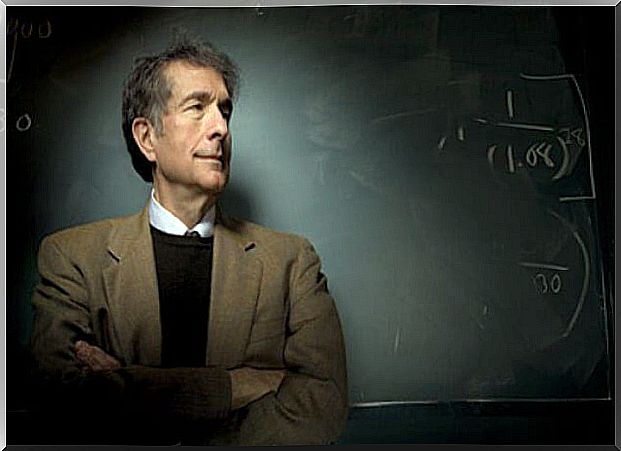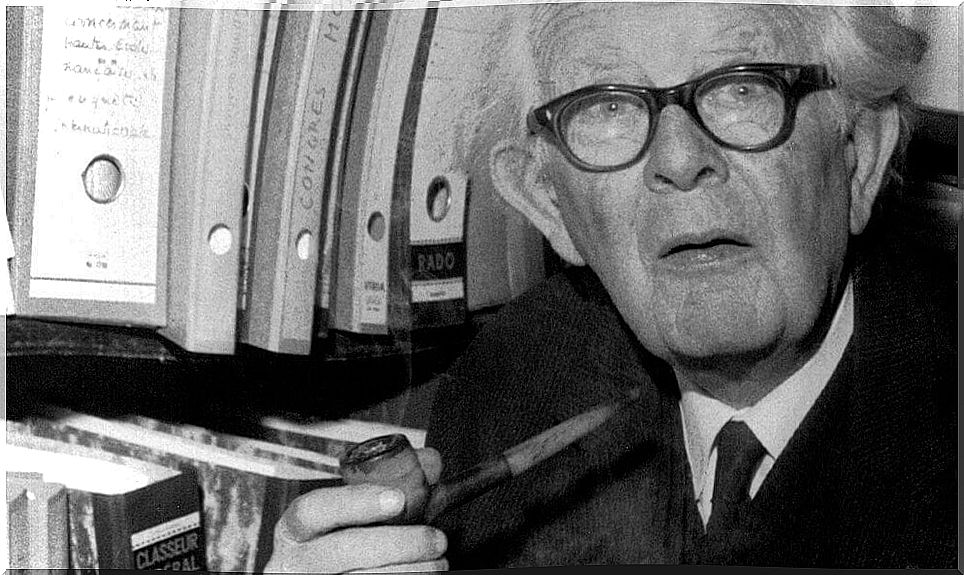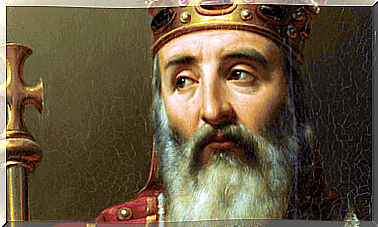Cognitive Psychology: What Is It And Who Founded It?

Cognitive psychology is currently the most influential and effective therapy used to recover from mental problems. Although “cognitive” is not a common term, it is very common in behavioral science.
For someone who is not familiar with psychology, one can say that “cognitive” is a synonym for knowledge or thought.
Cognitive psychology is therefore a study of human behavior that focuses on the unobservable, ie mental aspects. There are aspects somewhere between the stimulation and the observable response.
In more understandable terms , cognitive psychology seeks to find out which ideas abound in the patient’s mind and how these influence his or her emotional and behavioral responses. How do these ideas affect how the person feels and what he does (about it)
Nowadays, cognitive therapy is often used to solve all types of psychological problems. This is because it is about observing how thoughts or thought patterns affect the behavior of the patient in question. In many cases, these thought patterns also control their behavior.
Therefore, treatments from this perspective focus on identifying these thoughts, beliefs, and mental systems. Sometimes these do not correspond to reality. Alternatively, they are exaggerated. The treatment works like a debate. It consists of asking questions that cast doubt on these thought patterns.
In the 1950s, the persistent paradigm was behavioral psychology or learning psychology. They managed to explain a whole range of psychological phenomena.
Nevertheless, they were still limited because they could only explain the observable. Everything between stimulus and response was considered an epiphenomenon. It was the behavior’s so-called black box and was branded as irrelevant to observable behavior.
When the behavioral attitude came to a dead end , emphasis began to be placed on other phenomena. For example, the phenomenon that occurs in our senses the moment we receive a stimulus and the moment we give an answer. It was then that researchers began to study the processes of reasoning, language, memory and perception.

The same thing happened with Sigmund Freud’s psychoanalysis – a trend that also continued at that time. Nor was it able to provide an answer to many mental disorders, no matter how revolutionary it was.
In general, there are certain lines of research that gave rise to cognitive psychology, such as:
- The development of computer science and computation (Turing, Von Neumann…) that allowed the creation of machines that are programmable and capable of making decisions. They did so by creating something that is comparable to the human mind and how it can process information.
- Advances in cybernetics, implemented by Wiener.
- The Theory of Information by Shannon, who perceived information as a choice and reduction of alternatives.
As we explained earlier , cognitive psychology arose from the limitations of behavioral psychology. For example, it is unable to explain why two people with the same conditions respond differently. The most well-known representatives who put cognitive psychology on the behavioral science map were:
FC Bartlett
He was the first professor of experimental psychology at Cambridge University . His main postulate was the theory of the system of the mind, in which he argued that thoughts, like memories, are processes that can be reconstructed.
By reading fables to the participants in his studies, he found that they did not remember them verbatim, even though they were read repeatedly. What he found was that these people were more likely to remember things that fit into previous mental structures.
Jerome Bruner
According to this author, there are three forms of learning: the active (through actions), iconic (summary of visual impressions) and symbolic (using words or other symbols to describe experiences). He established the idea that instructional theory must focus on our greatest aspects.
- Facility for learning
- The ways in which the body of knowledge can be structured
- The sequences for how the material is presented
- The manner and rhythm of reward and punishment
The most important part of his theory was this: a student learns more and faster if he is involved in the knowledge he is trying to acquire and also uses it.
Gardner
He formulated the well-known theory of multiple intelligences, according to which intelligence is the ability to organize thoughts and coordinate them with actions. Each person has at least eight types of intelligence or cognitive abilities.
These intelligences are semi-independent, but work as a team (integrated) within the individual’s mind. Each person will also develop one type of intelligence more than the others due to cultural emphasis.

Jeffrey Sternberg
Sternberg is best known for his theory of love – the “triangle of love” – according to which completed love consists of three elements: intimacy, passion and commitment.
He then postulated the triarchic theory of intelligence, which states that intelligence is a mental activity intended to adapt, select and shape relevant environments of the subject in question. According to this researcher, intelligence is demonstrated through how we all confront or promote change.
David Rumerlhart
He is a very influential writer on the theory of mental systems. According to this researcher , mental systems are representations of general concepts that are stored in memory and help us to organize the world. His theory explains out of the world is represented in our mind and how we use that information to interact with the world.
Jean Piaget
He is one of the most important authors in cognitive psychology. He formulated the theory of cognitive development in different phases. These phases are characterized by the possession of qualitatively different logical structures. Structures responsible for specific capacities and for certain restrictions for children.

There are many other representatives of cognitive psychology, such as Vygotsky, Erickson and Ausuble, who all deserve to be mentioned here. D is the contribution caused a revolution in psychology.
Thanks to the work of these men, psychology has taken several giant steps forward. Behavioral science is still relevant and can also be combined with cognitive psychology. At the same time, the latter has led to a great development towards what we knew compared to just a couple of decades ago. It has improved the treatment of many mental disorders. For example, depression can be treated much more effectively now.
However, cognitive psychology is not free from limitations. Some criticism deals with the assumption that mental processes and behavior are separate phenomena. Or that the former leads to the latter.








